
Arthur "Harpo" Marx was an American comedian, actor, mime artist, and harpist, and the second-oldest of the Marx Brothers. In contrast to the mainly verbal comedy of his brothers Groucho and Chico, Harpo's comic style was visual, being an example of vaudeville, clown and pantomime traditions. In all of his movie appearances, he wore a curly reddish blonde wig and did not speak, instead blowing a horn or whistling to communicate. Marx frequently employed props such as a horn cane constructed from a lead pipe, tape, and a bulbhorn.
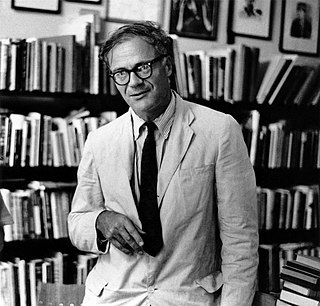
Robert Traill Spence Lowell IV was an American poet. He was born into a Boston Brahmin family that could trace its origins back to the Mayflower. His family, past and present, were important subjects in his poetry. Growing up in Boston also informed his poems, which were frequently set in Boston and the New England region. The literary scholar Paula Hayes believes that Lowell mythologized New England, particularly in his early work.
David Trinidad is an American poet.

Ammiel Alcalay is an American poet, scholar, critic, translator, and prose stylist. Born and raised in Boston, he is a first-generation American, son of Sephardic Jews from Serbia. His work often examines how poetry and politics affect the way we see ourselves and the way Americans think about the Middle East, with attention to methods of cultural recovery in the United States, the Middle East and Europe.

Ross Gay is an American poet, essayist, and professor who won the National Book Critics Circle Award for Poetry and the Kingsley Tufts Poetry Award for his 2014 book Catalog of Unabashed Gratitude, which was also a finalist for the National Book Award for Poetry.
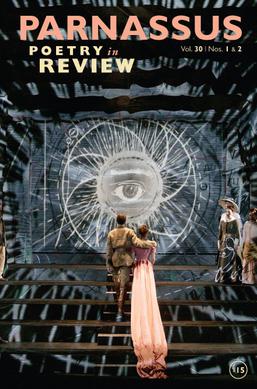
Parnassus: Poetry in Review was an American literary magazine founded in 1973. It ceased publication in 2019.
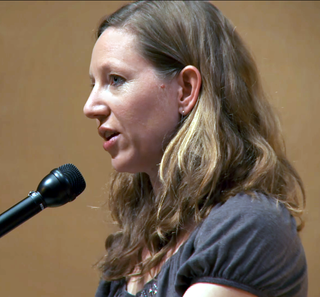
Maggie Nelson is an American writer. She has been described as a genre-busting writer defying classification, working in autobiography, art criticism, theory, feminism, queerness, sexual violence, the history of the avant-garde, aesthetic theory, philosophy, scholarship, and poetry. Nelson has been the recipient of a 2016 MacArthur Fellowship, a 2012 Creative Capital Literature Fellowship, a 2011 NEA Fellowship in Poetry, and a 2010 Guggenheim Fellowship in Nonfiction. Other honors include the 2015 National Book Critics Circle Award in Criticism and a 2007 Andy Warhol Foundation/Creative Capital Arts Writers Grant.
Douglas A. Martin is an American poet, a novelist and a short story writer.
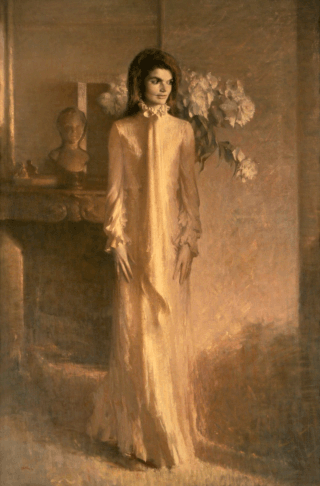
Jackie O is a chamber opera in two acts composed by Michael Daugherty to a libretto by Wayne Koestenbaum. The 90-minute work, commissioned by Houston Grand Opera in 1995 and premiered in 1997, is inspired by American musical and popular culture of the late 1960s and episodes in the life of Jacqueline Kennedy Onassis.
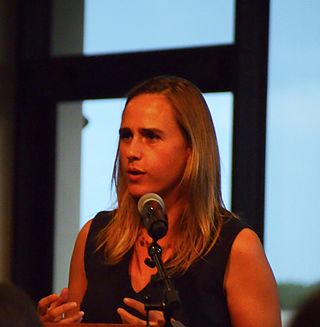
Jessica Fisher is an American poet, translator, and critic. In 2012, she was awarded the Joseph Brodsky Rome Prize Fellowship in literature by the American Academy of Arts and Letters.
Reginald Gibbons is an American poet, fiction writer, translator, and literary critic. He is the Frances Hooper Professor of Arts and Humanities, Emeritus, at Northwestern University. Gibbons has published numerous books, including 11 volumes of poems, translations of poetry from ancient Greek, Spanish, and co-translations from Russian. He has published short stories, essays, reviews and art in journals and magazines, has held Guggenheim Foundation and NEA fellowships in poetry and a research fellowship from the Center for Hellenic Studies in Washington D.C. For his novel, Sweetbitter, he won the Anisfield-Wolf Book Award; for his book of poems, Maybe It Was So, he won the Carl Sandburg Prize. He has won the Folger Shakespeare Library's O. B. Hardison, Jr. Poetry Prize, and other honors, among them the inclusion of his work in Best American Poetry and Pushcart Prize anthologies. His book Creatures of a Day was a Finalist for the 2008 National Book Award for poetry. His other poetry books include Sparrow: New and Selected Poems, Last Lake and Renditions, his eleventh book of poems. Two books of poems are forthcoming: Three Poems in 2024 and Young Woman With a Cane in 2025. He has also published two collections of very short fiction, Five Pears or Peaches and An Orchard in the Street.
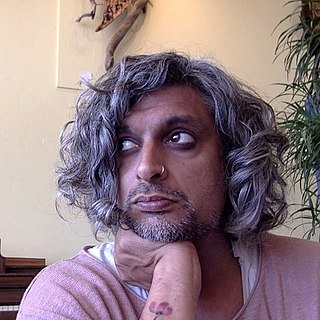
Kazim Ali is an American poet, novelist, essayist, and professor. His most recent books are Inquisition and All One's Blue. His honors include an Individual Excellence Award from the Ohio Arts Council. His poetry and essays have appeared in literary journals and magazines including The American Poetry Review, Boston Review, Barrow Street, Jubilat, The Iowa Review, West Branch and Massachusetts Review, and in The Best American Poetry 2007.
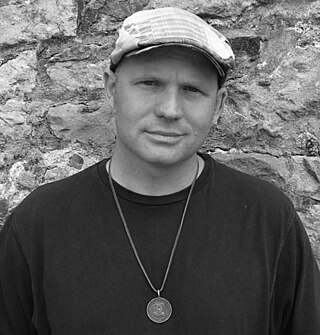
Chad Sweeney is an American poet, translator and editor.

Chris Campanioni is a first-generation American writer and the son of exiles from Cuba and Poland. He was born in Manhattan and raised in New Jersey, studied literature and critical theory at Lehigh University, Fordham University, and the CUNY Graduate Center, where he received his PhD. He has taught Latinx literature, journalism, media studies, and creative writing at Baruch College, John Jay College of Criminal Justice, and Pace University, while serving on faculty at Yale University's Yale Writers' Workshop and the Hudson Valley Writers' Center. He is the recipient of the Academy of American Poets College Prize (2013), the International Latino Book Award (2014), and the Pushcart Prize (2016). From 2014–2016, along with Puerto Rican novelist Jonathan Marcantoni, he ran the YouNiversity, a non-profit digital workshop that provided students access to and experience with the publishing industry through media professionals in the United States, Europe, Latin America, and Africa.
Brian Blanchfield is an American poet and essayist.
Nightboat Books is an American nonprofit literary press founded in 2004 and located in Brooklyn, New York. The press publishes poetry, fiction, essays, translations, and intergenre books.
Turtle Point Press, founded in 1990, publishes new fiction, literary nonfiction, poetry, memoirs, works in translation, and rediscovered classics.
Daniel Borzutzky is a Chicago-based poet and translator. His collection The Performance of Becoming Human won the 2016 National Book Award.

Andrew Durbin is an American poet, novelist, and editor. As of 2019, he has served as editor-in-chief of Frieze. Prior to his position at Frieze, he co-founded Company Gallery, served as the Talks Curator at the Poetry Project, and served as a co-editor at Wonder press. Durbin is the author of two novels and several chapbooks. He lives and works in London.
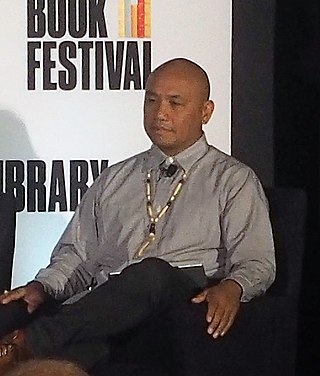
Patrick Rosal is a Filipino American poet and essayist.














